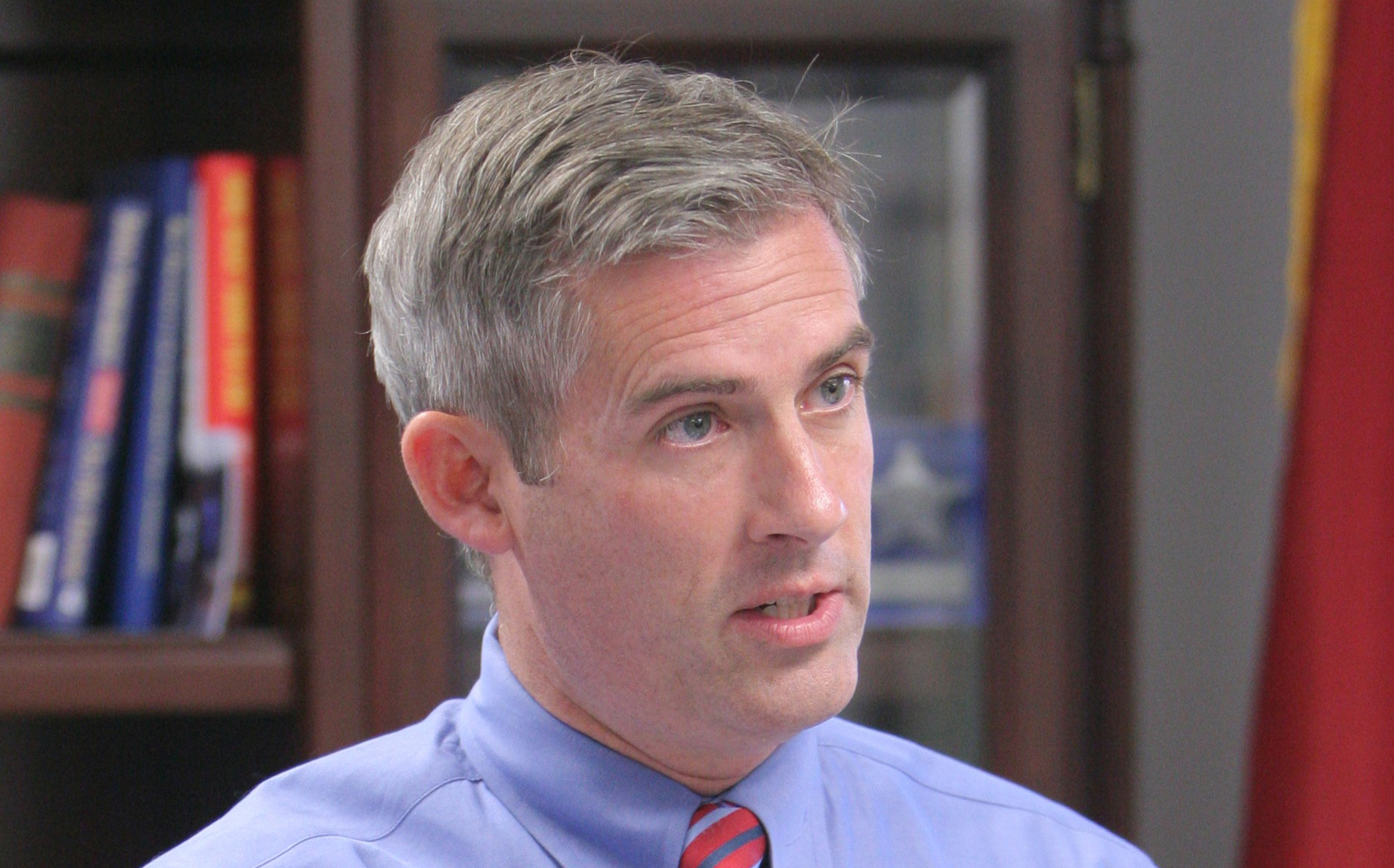As the county sewer authority rushes to meet an agreement with the state to repair old, leaky lines, it must cut into thousands of streets to reach them.
Then its crews will repave the roads and maintain them for one year.
But should the authority pay fees to local cities for the road scars they leave behind?
East Ridge is caught in the middle of that debate after being sued by the Hamilton County Water and Wastwater Treatment Authority - of which it is a member - for recently requiring the utility to pay a $200 fee each time it slices into the asphalt.
"Basically they're wanting to charge us what will be over $1 million for these road-cut fees, that no one else is charging us, to repair their own sewer lines," said the WWTA's attorney, Chris Clem.
East Ridge City Manager Tim Gobble said the fee is necessary because the effect on roads from the cuts doesn't come for years.
In subsequent years after heavy traffic flow, freezing weather and hot temperatures, the repairs break apart and the city is stuck with repairing them again, he said.
"Once cut, the roads are never the same," Gobble said in an emailed statement.
The WWTA board of commissioners, which is made up of representatives from each of the seven municipalities and unincorporated areas it serves, voted in June to file the lawsuit. As of Wednesday, East Ridge had not filed an answer to the lawsuit, It has until Aug. 9 to do so.
East Ridge taxpayers will be paying both sides of a lawsuit becuase their sewer fees go to fund the WWTA and their property taxes help pay the city's legal fees.
Clem said East Ridge's sudden switch was a money-making strategy in the face of the sewer overhaul. He has said that, if the fee is approved, the WWTA will be forced to spread the extra financial burden to all its county customers or level a special assessment against the city.
"[East Ridge] just thought of a real creative way to raise money, and said, 'We'll just charge people outside of East Ridge for this,'" Clem said.
The city always has charged other utilities the fee, but it exempted the WWTA for unexplained reasons.
The WWTA, which took over the city's sewer system in 2001, said its contract with East Ridge gives it access to the sewers with no monetary strings attached.
Last year, the city generated $13,000 in revenue from street cuts made by other utilities while allowing WWTA to make 21 street cuts with no fees, Gobble said.
Cities across the area approach street-digging fees differently. The six other WWTA municipalities do not charge it for street cuts.
"We wouldn't charge them because they are a government agency we are affiliated with," said Red Bank Mayor Monty Millard, who is also the city's appointed WWTA commissioner.
Chattanooga does not charge a street-cut fee for its own sewer authority, but does charge contractors that may be working for the authority. In contrast, Cleveland, Tenn., charges its city-owned sewer authority for any cuts.
"Their budget is totally separate from our general fund," explained Tommy Myers, director of public works for Cleveland.
Rossville doesn't impose a fee but is considering it, Mayor Teddy Harris said.
In previous City Council meetings, East Ridge leaders have argued that street-cut fees go toward repairing the roads. But the city's budget is set up so that the money is funneled into the general fund and is not earmarked for paving.
Gobble said the fee revenues go directly to the city's Codes and Inspection Department, which inspects the streets.
